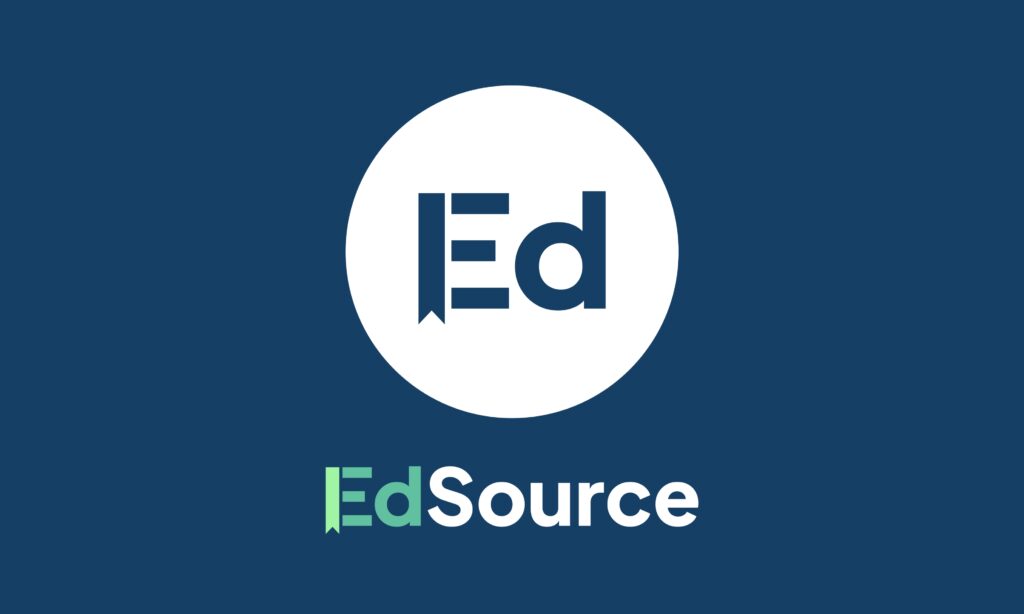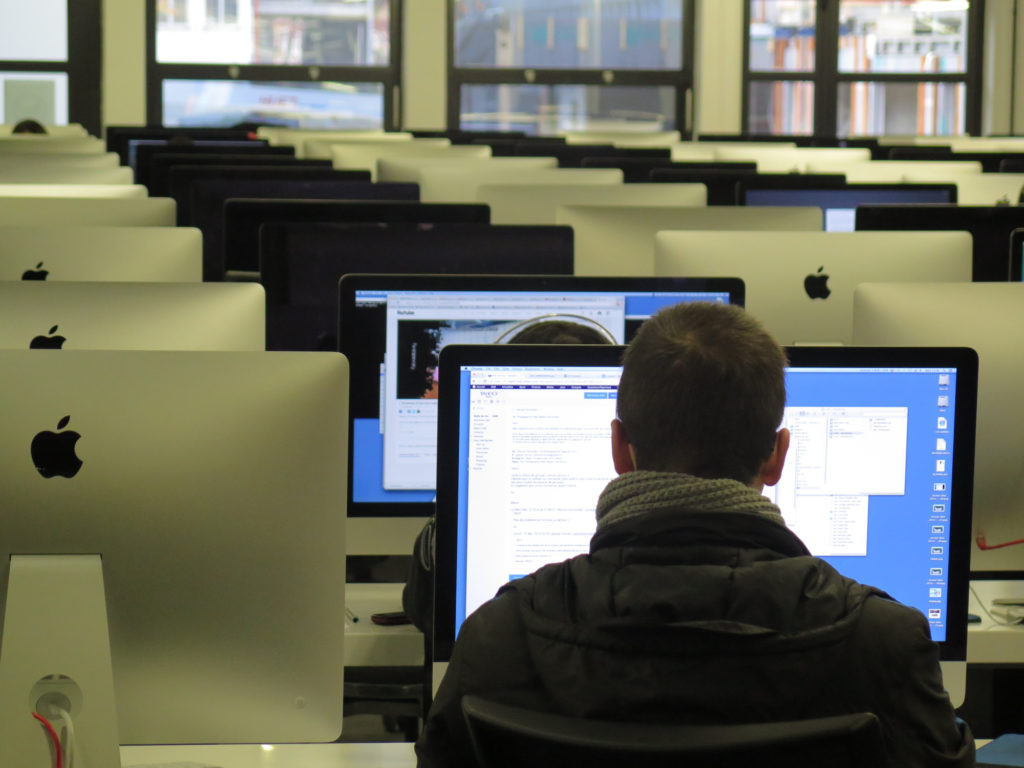
Since 1977, EdSource has delivered nonpartisan reliable insights about California education, no easy feat in a state that’s home to the largest public education systems in the nation.
We have evolved and reimagined the ways in which we provide our in-depth analysis on critical issues, such as early literacy, learning amid a pandemic and college graduation rates. Unwavering, though, is our commitment to our audience: We explain education policy and facilitate conversations so that all who care about educating future generations are informed and prepared to make a meaningful impact, no matter how big or small.
As we march toward our 50th anniversary, EdSource now stands as the state’s largest newsroom of education reporters. Today, we’re proud to unveil the latest update to EdSource’s brand – a new look and feel that we hope reflects boldness, urgency and dedication. Over the coming months, we will continue to roll out additional changes to our website with the explicit purpose of making our journalism more accessible.
This December marks my 5th anniversary with EdSource, the last 2.5 years as its CEO. Nothing has made me more proud than to lead an organization of journalists and nonprofit leaders devoted to championing the belief that all students deserve access to a quality and equitable education regardless of where they live or their personal circumstances.
Over these past two years, EdSource embarked on a number of initiatives designed to usher in a new chapter of the organization’s storied history:
- STRATEGY: Last year, we completed the organization’s first strategic plan, laying the foundation for the next three years. We set ambitious external and internal goals with the aim of thoughtfully expanding EdSource’s reach and positioning the organization for sustainable growth.
- PARTNERSHIPS & COLLABORATIONS: This summer, EdSource partnered with Distributed Media Lab (DML) to launch the California Education News Network with funding from the Google News Initiative. The network amplifies important education stories by EdSource and other notable sources, empowering communities with trusted information and analysis. We also continue to team up with other news organizations to publish collaborative projects, such as this summer’s multi-part special report on the post-pandemic jump in chronic absenteeism, in partnership with the Associated Press and Stanford University.
- STELLAR JOURNALISM: In a comprehensive audience survey with over 1,400 respondents, nearly all described EdSource’s journalism as “excellent” (56%) or “good” (35%). This summer, EdSource won more than a dozen state and national awards, including 1st Place for its investigation into poor working conditions for adjunct professors teaching in community colleges, as well as another for chronicling one town’s fight to save its library.
- COMMUNITY ENGAGEMENT: EdSource hosts monthly Roundtable conversations that bring together educators, parents, students and policymakers to talk about pressing topics, such as teacher preparation, grading policies and the college transfer process. We also encourage the sharing of varying perspectives by publishing a pipeline of commentaries from many in the education community.
- INCLUSIVITY: EdSource believes a staff that reflects the diverse communities in which we live are better positioned to tell stories with nuance and accuracy. For the first time in the organization’s history, EdSource is more than 50% composed of people of color.
EdSource’s new brand and design came together thanks to those who work behind the scenes to help deliver our journalism to readers like you. In collaborating with the web design firm Extra Small Design, we considered accessibility when choosing our new colors, ease of navigation when deciding how to organize our content, and additional opportunities for discovery when reading our stories.
We hope you’ll let us know what you think in the coming weeks and months.


